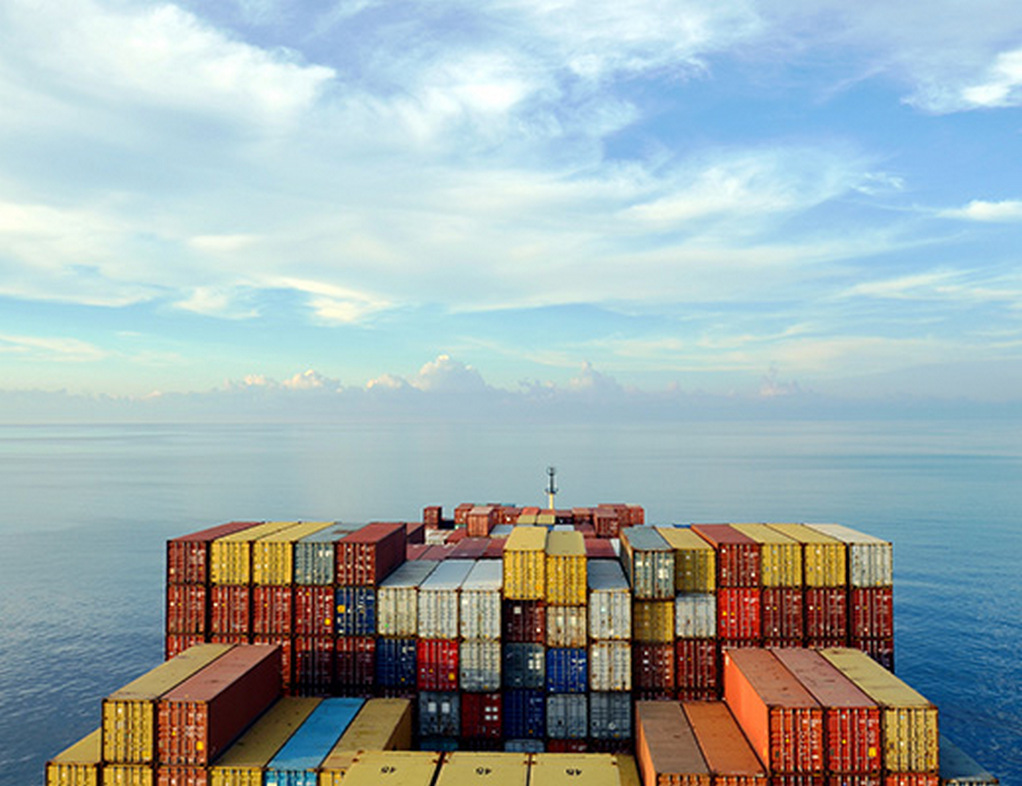During the MEPC 80 of the International Maritime Organisation (IMO), India urged the organisation to establish a realistic target of ensuring that net zero carbon fuels occupy 5% of the marine fuel mix by 2030.
Ajithkumar Sukumaran, the Indian delegate from the Ministry of Shipping, emphasised the need to avoid unrealistic targets that could lead to flawed policies, unsustainable investments, and immature technological solutions.
In addition, India expressed support for the proposal of a financial levy on greenhouse gas emissions, emphasising that its purpose should be to encourage the transition to green energy rather than penalize the industry.
As explained, the delegate highlighted the importance of generating funds for research and development in the maritime sector, as well as for the production of alternate fuels and the development of infrastructure for their supply networks in ports worldwide.
Regarding economic proposals on the table at the MEPC 80, the Indian delegate noted that many of them indirectly advocate greenhouse gas pricing and trading, which could create uncertainty and hinder investment decisions in zero-carbon technologies, particularly for developing countries. India expressed gratitude to the co-sponsors of various economic elements, such as China, Norway, Japan, and ICS, acknowledging their merits but calling for further refinement and collation.
India reaffirmed its unwavering commitment to supporting any initiatives by the IMO aimed at controlling emissions from the maritime sector. Through their proactive approach and comprehensive suggestions, India aims to significantly contribute to global efforts to address climate change and foster a sustainable maritime industry future.
Tags: IMO, India, Marie fuel, MEPC80



Recent Posts
Port of Brisbane Unveils Vision 2060 to Drive Smarter, Cleaner, and More Connected Future
Wärtsilä to Deliver Hybrid Propulsion Systems for Vertom Group’s New Low-Emission Vessels
Latvian port receives electric Konecranes Gottwald Mobile Harbor Crane
Sustainable Ocean Economy Vital for Human Development, Says UNDP at UN Ocean Conference
Green Hydrogen Costs in India Could Drop by 40%, Says IEEFA-JMK Report
Cavotec Secures €1.55 Million Shore Power Contract for Port of Antwerp-Bruges
APM Terminals and SANY Marine sign landmark agreement to accelerate decarbonisation
The Port of Gothenburg takes big step towards shore power connection for container and car/RoRo vessels